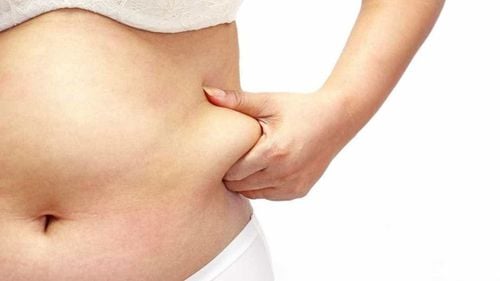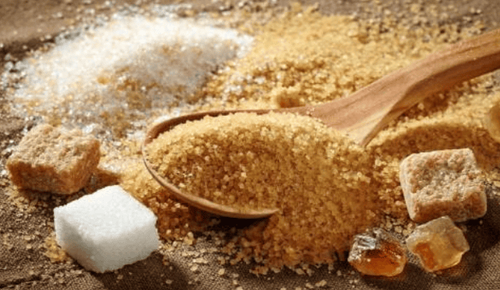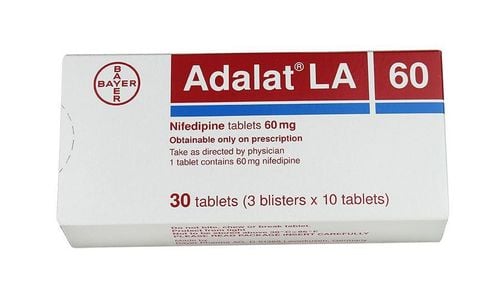This is an automatically translated article.
Sugar is the name for sweet-tasting carbohydrates that the body can convert into energy. Sugar alcohols also taste sweet, but the two sugars have different chemical structures. Although the two sugars are used similarly, they have different effects on digestion, blood sugar, and oral health.
1. What is sugar?
Sugar is a type of carbs that taste sweet. At the chemical level, they are composed of carbon, hydrogen, and oxygen atoms. In nature, sweetened sugars are found in foods such as fruits, vegetables, grains and dairy products, as well as added to processed foods.
Simple sugars can be divided into two main categories: monosaccharides and disaccharides. Monosaccharides are the simplest sugars and contain only one type of sugar molecule. Glucose is also the simplest sugar and the body's preferred source of energy, the sugar measured in a blood sugar test. Other monosaccharides including fructose and galactose are converted to glucose.
Disaccharides are made up of two monosaccharide sugars linked together, which must be separated in order to be digested. The most common disaccharides are sucrose, also known as table sugar, which is made up of one molecule of glucose and fructose. Whereas, lactose found in milk is made up of one molecule containing glucose and galactose, and maltose is made up of two molecules of glucose.
2. What is sugar alcohol?
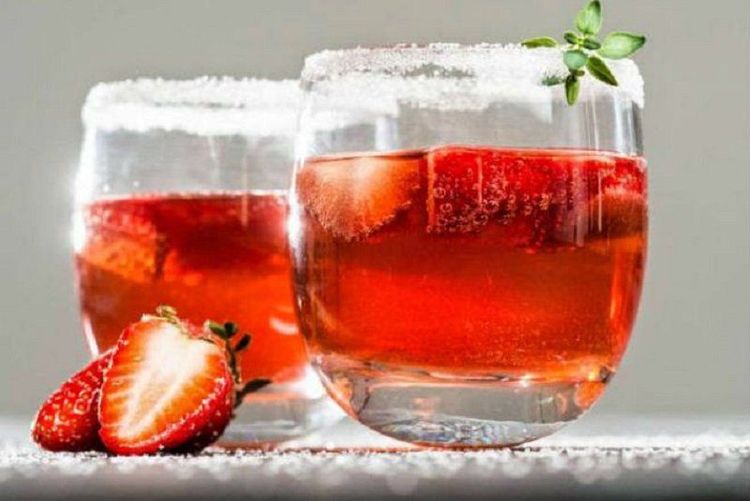
Rượu đường được tìm thấy trong một số loại quả như dâu tây
Sugar alcohols (English name is sugar alcohols), also known as polyols, are a type of carbohydrate with a structure similar to sugar and alcohol. However, sugar alcohols do not contain ethanol and are therefore safe for people who do not like to drink alcohol.
Sugar alcohols can activate sweet receptors on your tongue and have a cooling effect. Sugar alcohols are not absorbed or digested as efficiently as regular sugar, and they contain fewer calories. They are found naturally in some fruits and vegetables, such as plums, strawberries, and avocados.
Sugar alcohols are commonly used as low-calorie sweeteners in sugar-free candies or gum, as a food additive in processed foods, in toothpaste, some medicines and laxatives. colon.
Common sugar alcohols include xylitol, erythritol, sorbitol, maltitol, mannitol, isomalt, and lactitol.
3. What is the difference between sugar and sugar alcohols?
Sugar and sugar alcohols differ significantly in sweetness, calorie content and digestibility, as well as their effects on blood sugar and oral health.
Calories and sweetness Sugar alcohols contain fewer calories than regular sugar. On average, sugar alcohols provide about 2 calories per gram, compared with 4 calories per gram provided by sugar. In addition, sugar alcohols are usually slightly less sweet, providing about 25-100% of the sweetness of granulated sugar. Lactitol is the least sweet and xylitol is as sweet as sucrose.
High sugar consumption has been linked to a host of health problems such as obesity, heart disease, diabetes and inflammatory diseases.
Therefore, sugar alcohols can help reduce sugar levels by providing a lower calorie alternative to sugar that still offers a sweet taste.
Digestion Sugar is digested in the small intestine and transported into the bloodstream to be further metabolized or used for energy. In contrast, your body doesn't digest sugar alcohols as efficiently. With the exception of erythritol, which is well absorbed but not metabolised, it is excreted in the urine almost intact.
However, most sugar alcohols pass through the large intestine, where they are fermented by gut bacteria. Eating too much sugar alcohol can cause bloating, stomach pain, and diarrhea, especially in people with irritable bowel syndrome (IBS).
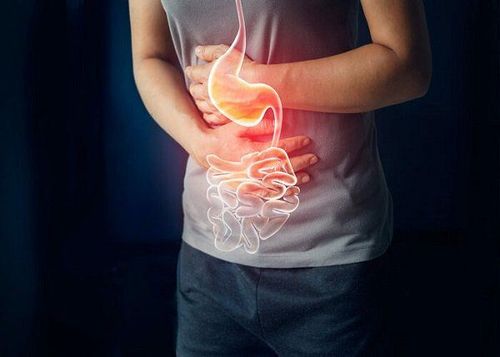
Người sử dụng dùng quá nhiều rượu đường có thể gây tình trạng đau dạ dày và đầy hơi
Recommendations indicate that moderate doses of about 10-15 grams of sugar alcohols per day are generally well tolerated. However, sensitive individuals may need to avoid sugar alcohols, especially sorbitol and maltitol, or reduce their intake to avoid unpleasant symptoms.
Affects Blood Sugar When sugar is eaten, it is broken down into simple sugars and absorbed into the bloodstream, causing an increase in blood sugar. Then, insulin transports the sugar into the body's cells to be converted to energy or stored.
The glycemic index (GI) measures how quickly a food raises your blood sugar. Glucose has a GI of 100, while sucrose has a GI of 60, meaning that both sugars have a high GI.
Since sugar alcohols are not absorbed as efficiently, they have less of an effect on your blood sugar and therefore a lower GI, with GI values ranging from 0-36.
So sugar alcohols can be a good choice for people with prediabetes, diabetes or metabolic syndrome.
Tooth decay Sugar is fermented by bacteria in your mouth, which can produce acids that damage tooth enamel and increase the risk of tooth decay. Sugar alcohols don't contribute to tooth decay, because the bacteria in your mouth can't ferment them.
In fact, xylitol and erythritol can even help prevent tooth decay, which is why it's often used in toothpastes and mints or sugar-free gum

Người dùng có thể gặp tình trạng sâu răng khi đường được lên men bởi vi khuẩn trong miệng của bạn
To register for examination and treatment at Vinmec International General Hospital, you can contact Vinmec Health System nationwide, or register online HERE.
References: healthline.com, webmd.com





